Choose a report:
➤

Office of Engagement
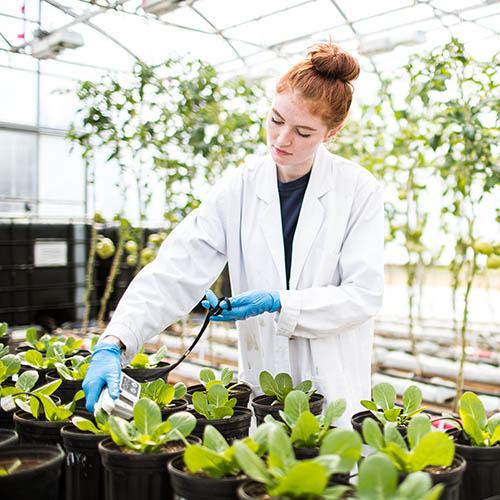
Community Engaged Research
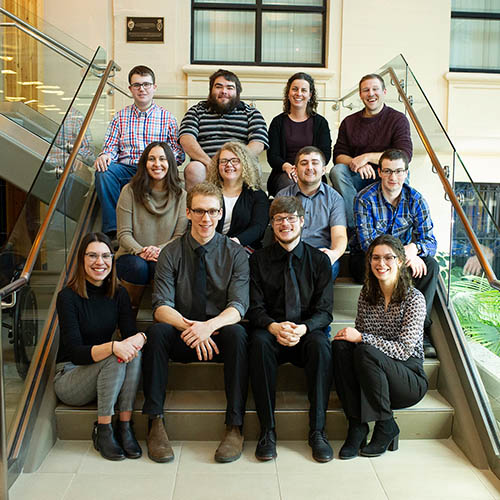
Community Engaged Learning

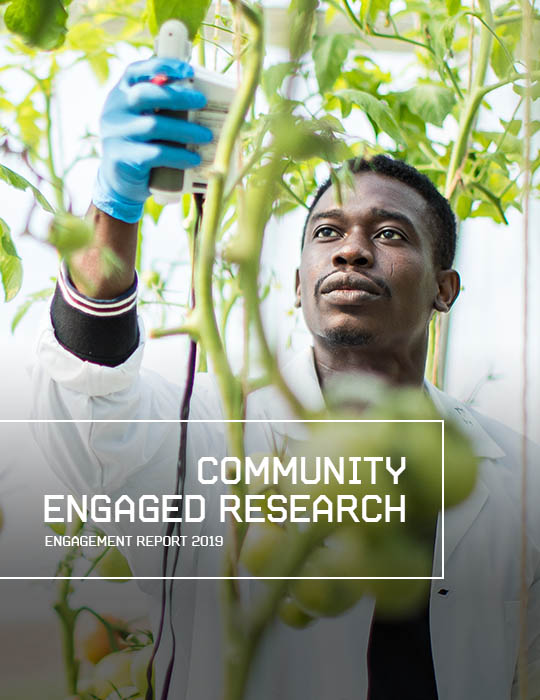
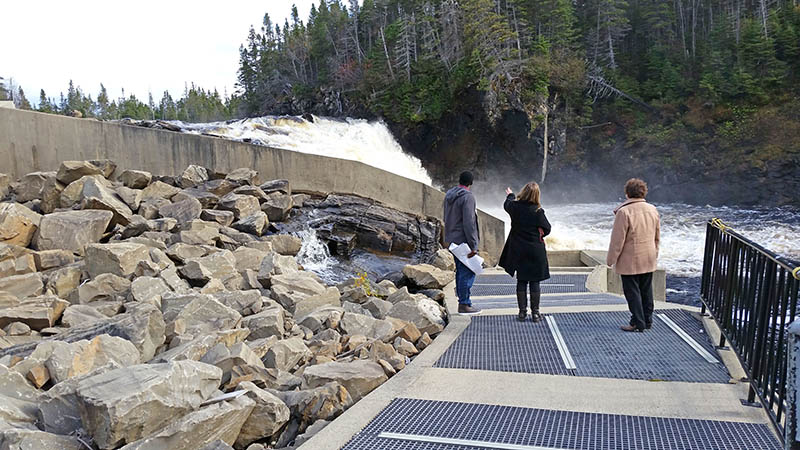
Graduate students in the master of arts in environmental policy toured the Torrent River Salmon Interpretation Centre in Hawke's Bay, NL, as part of an engaged research project to assess the contribution of community-based initiatives on the Northern Peninsula to the sustainability and resilience of the communities where they are located.
The Grenfell Office of Engagement is fostering strong research collaborations that answer the needs of communities throughout the northern and western regions of the island.
Grenfell Campus, in partnership with the Memorial's Harris Centre, is co-leading the regionally based Thriving Regions Partnership (Great Northern Peninsula, Southwest Coast and Baie Verte Peninsula) initiatives, as well as the Sustainable Northern Coastal Communities initiative on the tip of the Great Northern Peninsula.
In the north, workshops to identify sustainable opportunities for the tip of the Great Northern Peninsula were held throughout 2019, including panels on agriculture, fishery and forest-based bio-economy development.
Local residents and farmers, municipal leaders and university representatives have been investigating the challenges faced by communities on the Great Northern Peninsula regarding food security. Through discussions with researchers and local farmers, the workshops explored possibilities for agriculture in the region, looking for ways to build on what is already being done through small-scale gardens and farming. Diversification of crops and the creation of more accessible roadside farmers markets were also investigated.
Graduate students at Grenfell Campus, Memorial University, contributed to the discussion as well, presenting their research through poster presentations:
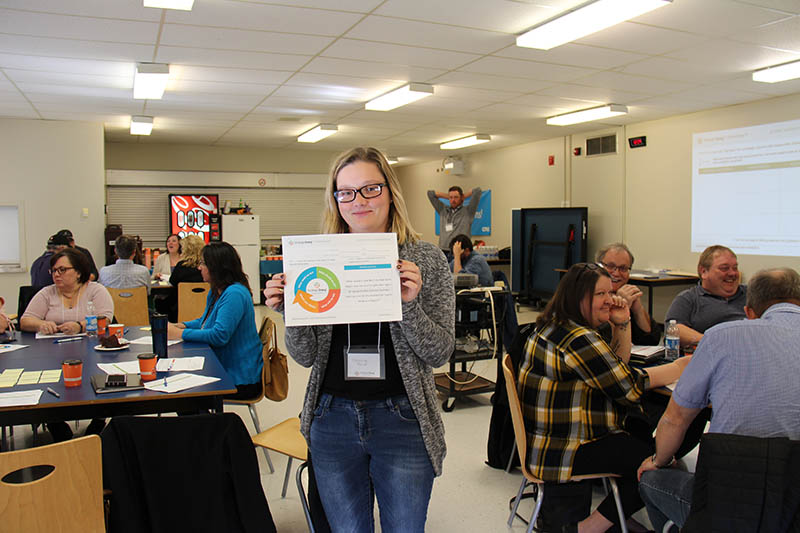
MAEP student Elizabeth Baird participated in the Thriving Regions session in Baie Verte.
A session on region’s bioeconomy looked at new opportunities to help support the forest industry.
"We explored how surplus harvests can be used to meet growing consumer demand for sustainable products and services," said moderator Dr. Stephen Decker. "Focusing on the strengths of the region is essential for the diversification of the forest industry of the region."
In 2017, the province announced measures to diversify the forest industry, committing to increasing timber allocations and harvest levels by 20 per cent by 2020. The discussion on bioeconomy build upon this commitment and explore opportunities for the region.
"Bioeconomy generally refers to the knowledge-based production and use of biological resources to provide products, processes and services in all economic sectors within the frame of a sustainable economic system," said Ken Carter, director, Office of Engagement and Research, adding that the Office of Engagement is eager to play a role in this novel and environmentally conscious economic activity. "The bioeconomy is revamping the forest industry around the world."
The Harris Centre has posted full reports on these endeavours, which can be found here: